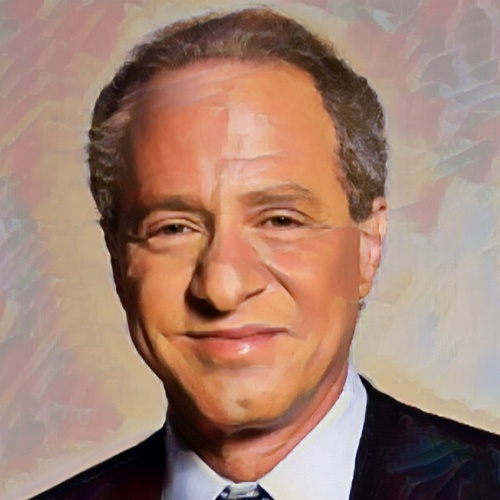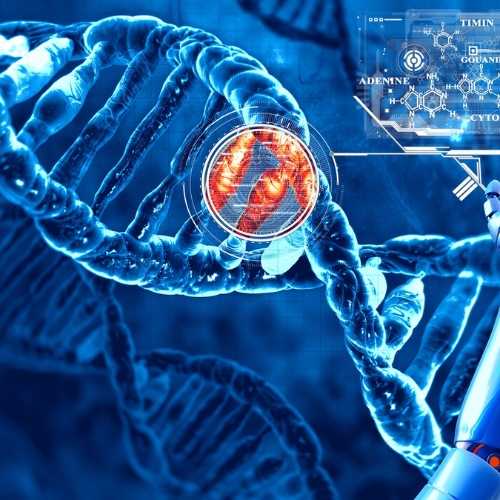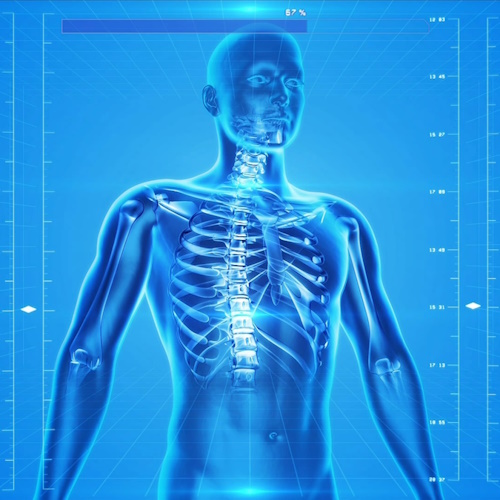Key points from article :
In a recent article, futurist and inventor Ray Kurzweil outlines how artificial intelligence (AI) could radically extend human lifespan, arguing that exponential advances in computing and biotech will redefine medicine over the coming decades. Kurzweil predicts that by the late 2020s, biological simulators powered by AI will largely replace traditional clinical trials, providing faster, safer, and more personalized assessments of new drugs. Though safety concerns and regulatory hurdles remain, the massive potential to save lives and reduce costs will likely drive adoption forward.
Kurzweil envisions this transformation as part of a broader path toward "radical life extension," divided into technological “bridges.” The upcoming “third bridge” involves medical nanorobots—microscopic devices that can enhance or replace organ functions, regulate blood chemistry, and strengthen the immune system far beyond what human evolution has provided. These robots could treat chronic conditions like type 1 diabetes and combat age-related diseases such as cancer and neurodegeneration by the late 2030s.
A more speculative “fourth bridge” involves backing up the human mind. As AI progresses toward the mid-2040s “Singularity,” Kurzweil foresees a future where our thoughts are stored in the cloud and consciousness becomes a hybrid of biology and digital intelligence. This raises profound philosophical and ethical questions about identity, autonomy, and mortality.
Kurzweil also tackles concerns around inequality, arguing that, like mobile phones, advanced longevity technologies may start off costly but will become widely accessible due to exponential improvements in price and performance. Ultimately, he suggests we are approaching an era where death may be optional—and our destiny, quite literally, could be under our own control.






